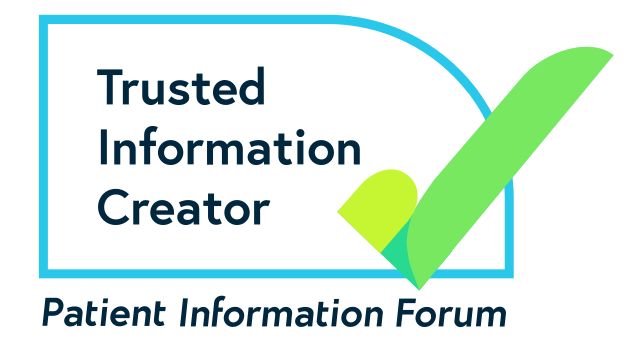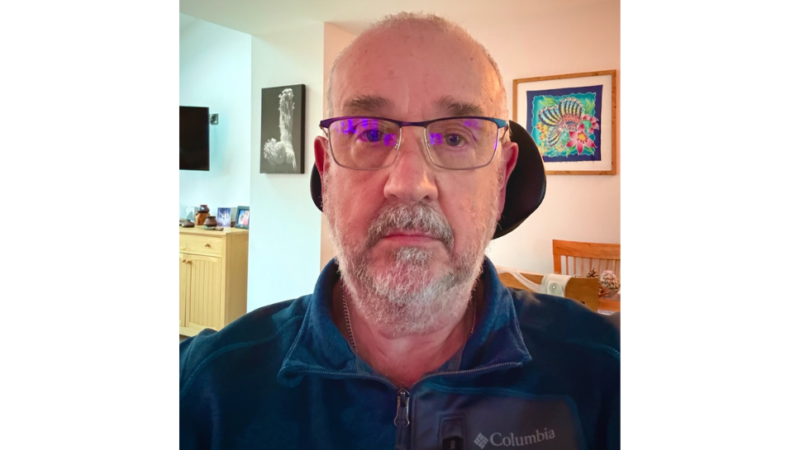Symptoms usually develop in mid-adulthood (40s to 60s) but can develop anytime between infancy and late adulthood. Symptoms and their severity vary widely between those affected.
The most common symptoms of MFM are listed below, however some people may also experience other symptoms. These could include muscle pain (myalgia), joint stiffness (contractures), a curved spine (scoliosis), loss of sensation in the limbs (peripheral neuropathy), and cataracts. The typical features of specific types of MFM can be found in Table 1 under genetic changes.
Muscle weakness
Progressive muscle weakness is the main symptom of MFM. This usually begins in the muscles furthest away from the body (distal muscles), such as the hands and forearms, ankles, and lower legs. With time, weakness can progress to the muscles closer to the body (proximal muscles), such as the thighs and upper arms. However, for some people, it can be the opposite, where weakness begins in the proximal muscles and involves the distal muscles later.
Weakness in the distal muscles can cause people to trip or fall or have difficulty using their hands – for example, gripping or unscrewing a bottle top. Weakness in the proximal muscles can make it hard to get out a chair, use stairs, lift things above the head, or hold the arms up in the air.
Cardiac
A weakening of the heart muscle (cardiomyopathy) is present in about 3 in 10 people with myofibrillar myopathy. However, the risk depends on which specific gene is causing the condition. This can cause people to experience a rapid or irregular heartbeat and to feel faint or out of breath.
Respiratory
The muscles used for breathing may weaken, leading to breathing difficulties and, in severe cases, respiratory failure. Respiratory muscle weakness can result in significant fatigue, feelings of being unrefreshed upon waking, or morning headaches. This is mainly seen in Desmin/DES MFM and is very rare in other types.
Speech and swallowing
The muscles needed for speech and swallowing can also be affected, leading to difficulties with swallowing and can cause coughing or choking while eating. In these cases, it may be necessary to see a speech and language therapist – a healthcare professional who helps people with speech and swallowing problems. This may be seen in CRYAB MFM but is very rare in other types.


